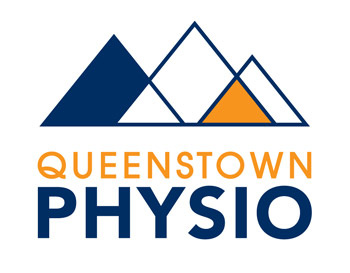Optimising Injury Healing – Nutrition
Appropriate nutrition can play an important role in recovering from your injury as well as help prevent weight gain due to reduced activity. Below are some tips to help make the most out of your nutrition when injured.
- It is important to limit total calorie intake to match current activity level post injury
- Eating nutrient dense foods including the below food items that help promote healing
- Drink more water and limit sweetened beverages (e.g. fizzy, sports drinks and Juice)
- Limit alcohol consumption
| Nutrient | Promotes | Example foods |
| Protein | Muscle Healing | Low fat yogurt, beans, fish, lean meat |
| Omega-3
Fatty acids |
May help reduce inflammation and speed recovery | Walnuts, soy foods, ground flax seeds, fish (sardines, salmon, mackerel) |
| Vitamin-C | Tissue repair, wound healing, immune function | Citrus fruits, strawberries, tomatoes, kiwi, melons) |
| Vitamin-A | Promotes cell growth and development | Sweet potatoes, carrots, papaya, bell pepper |
| Zinc | Involved in wound healing and immune function | Almonds, seeds, beef, seafood |
| Calcium and Vitamin-D | Bone development and repair | Low-fat dairy, fortified foods, leafy greens. Exposure to Spring/Summer/Autumn sunlight (not during winter in QT due to low angle of sun) |
*Adapted from 2014 Sports, Cardiovascular, and Wellness Nutrition, written by registered Dietitians.






